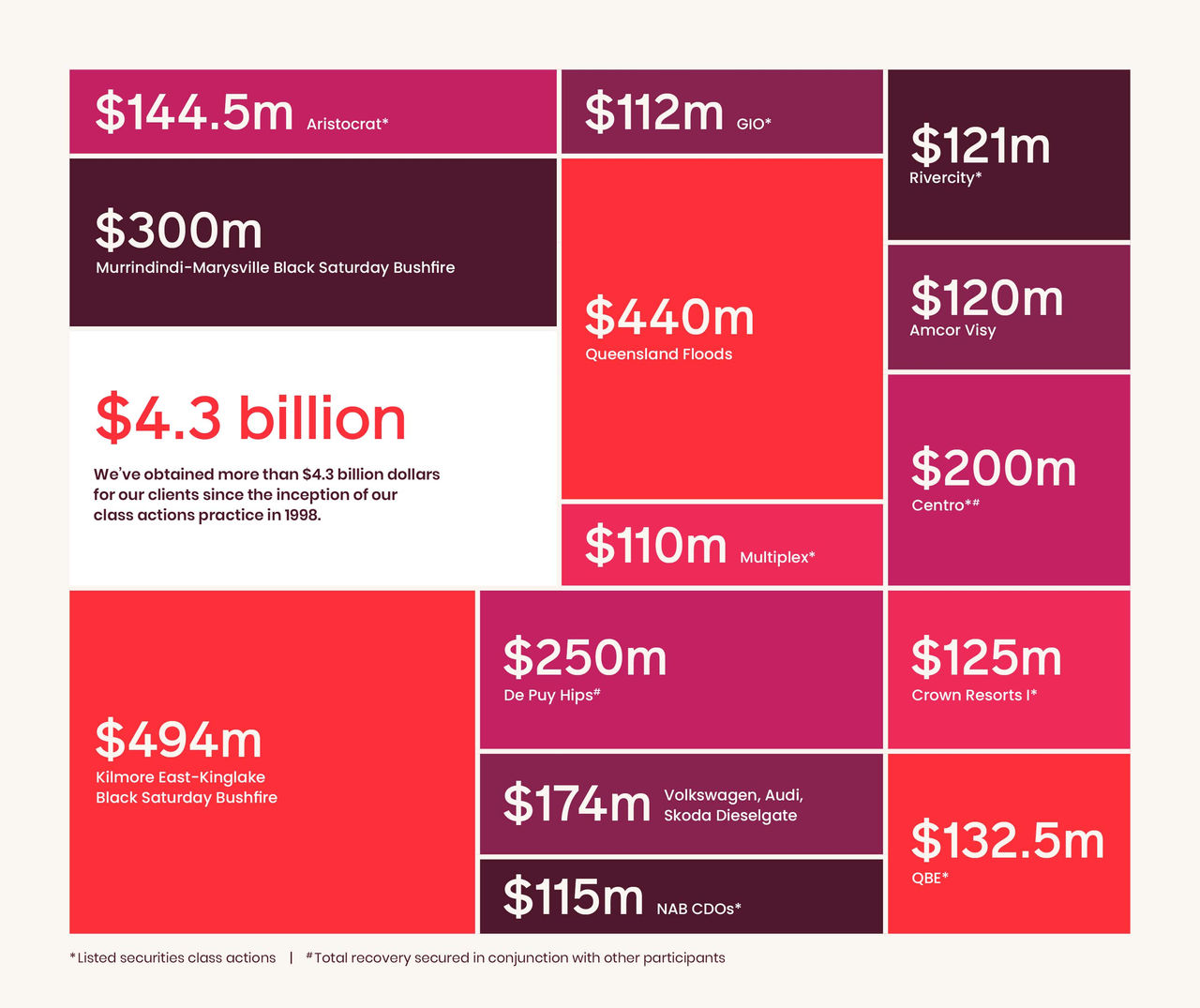The government’s stripped-back legislation passed Parliament on Monday, cutting billions of dollars in potential backpay by allowing employers to offset casuals’ 25 per cent loading from any permanent benefits owed due to regular and long-term hours.
Adero Law founder Rory Markham says IR laws have never been retrospective before.
However, the laws also apply retrospectively, including to eight ongoing court cases against the mining industry that total hundreds of millions of dollars, and could cut workers’ claimed compensation in half.
Employers have hit back at the threats, arguing a challenge would increase uncertainty and threaten thousands of jobs while allowing casuals to “double dip” on their entitlements.
Canberra law firm Adero, which is running most of the class actions, said it is getting advice on whether one of its members can launch a challenge to the laws in the High Court.
“Australia has never had a history of retrospective laws in the IR context,” Adero principal Rory Markham said.
“It would be Adero’s expectation that a High Court challenge to the constitutionality of the recent legislation will be run soon by an interested party, putting in issue whether the Commonwealth has acquired property other than on just terms.”
Under section 51 (xxxvi) of the constitution, the Commonwealth cannot compulsorily acquire property, including entitlements to money, without paying just terms and compensation.
Mr Markham argues the “property” in question is more than 1 million workers’ accrued entitlements over the past six years.
“The Commonwealth’s own estimates consider that more than $14 billion has now been taken from Australian workers who can no longer apply the pre-March 18 laws.
“The very laws that have applied consistently since the introduction of the Fair Work Act on July 1, 2009.”
The CFMEU’s mining division is also getting legal advice over a challenge for its class action against labour hire firm Workpac but declined to comment.
The union has argued that labour hire in the mining sector engages casuals on less than the market wage of their permanent colleagues and then works them like full-time employees on rosters issued 12 months in advance.
The Federal Court held a regular casual miner was a misclassified permanent entitled to paid leave and redundancy, and their 25 per cent loading did not offset this because it failed to specify the benefits it accounted for.
The ruling raised questions about how far such principles would extend to other “regular casuals” employed in sectors such as health, universities or even retail, and the government estimated it could lead to backpay bills for business of up to $39 billion.
Unions argue the ruling is limited to the round-the-clock circumstances of the mining sector.
But new accounting standards last year required 25,000 companies to calculate their liability over entitlements to casuals who may be permanent employees.
Deakin University constitutional law professor Dan Meagher said constitutional challenges over retrospectivity are a “notoriously difficult and complex area” but noted they had worked in relation to workers’ compensation cuts.
‘Completely out of touch with reality’
Australian Industry Group chief executive Innes Willox said talk of a constitutional challenge by overseas-backed class action lawyers was “not in anyone’s interests other than their own”.
“It is very likely that any constitutional challenge will fail but the uncertainty associated with any challenge would only damage employment and the economy,” he said.
Australian Mines and Metals Association chief executive Steve Knott said, without retrospectivity, “the issue would have sent large employers as well as many small and family businesses to the wall”.
Australian Chamber of Commerce and Industry acting chief executive Jenny Lambert said “reopening double-dipping claims is completely out of touch with the reality facing many small businesses who employ casuals as they seek to cope with the end of JobKeeper and recover from the impacts of COVID-19”.
Acting Minister for Industrial Relations Michaelia Cash said the government was “confident in the validity of the measures in the bill”.
“Failure to address the double-dipping issue would be catastrophic for jobs and businesses. Businesses would otherwise face additional costs of up to $39 billion – an impost that would lead to thousands of job losses and business closures.”

























